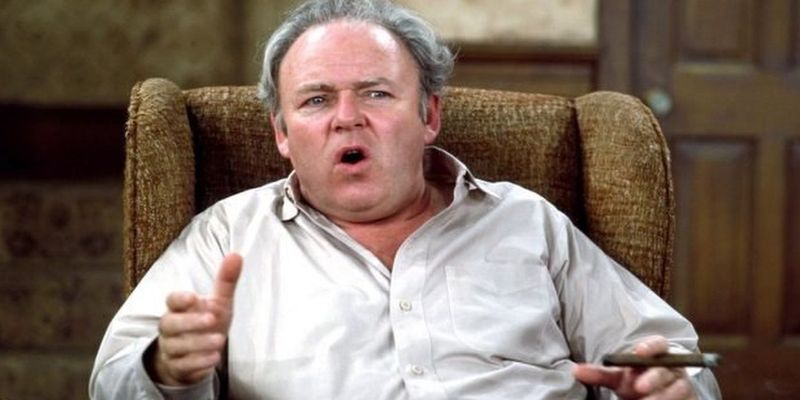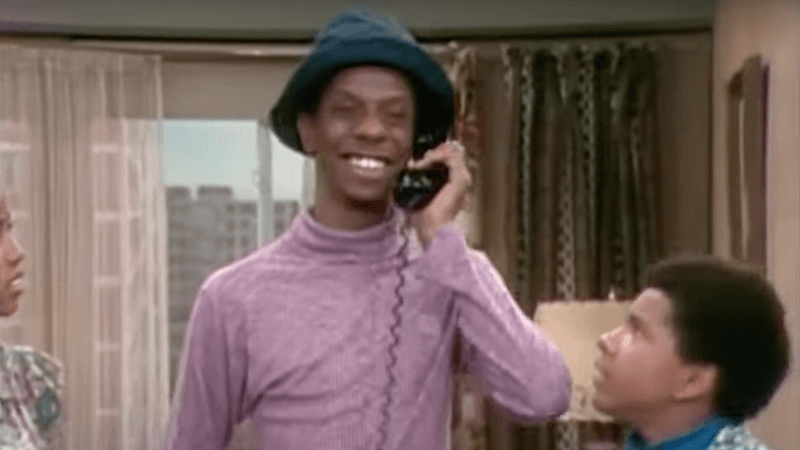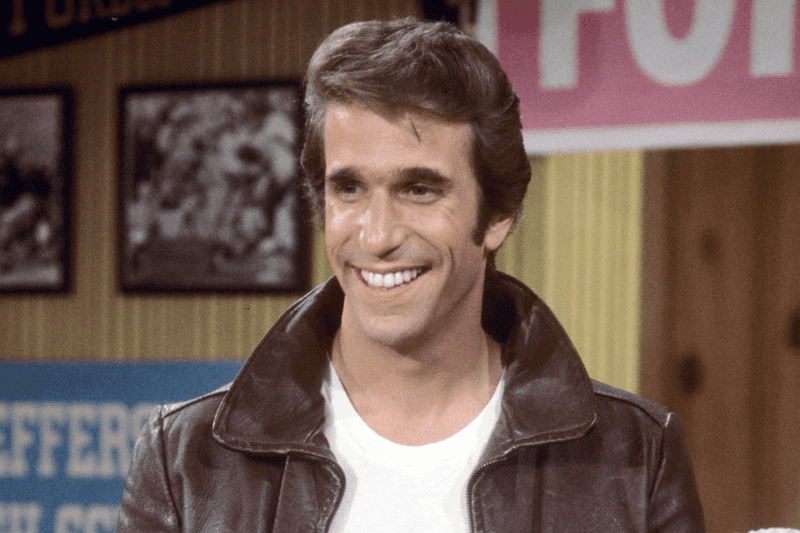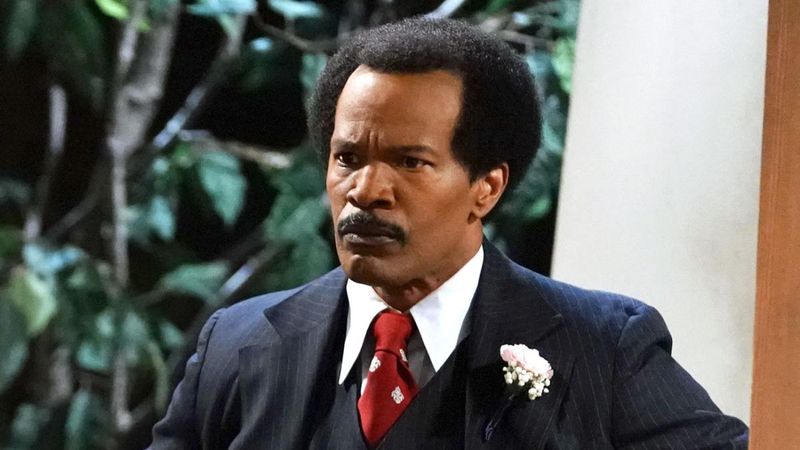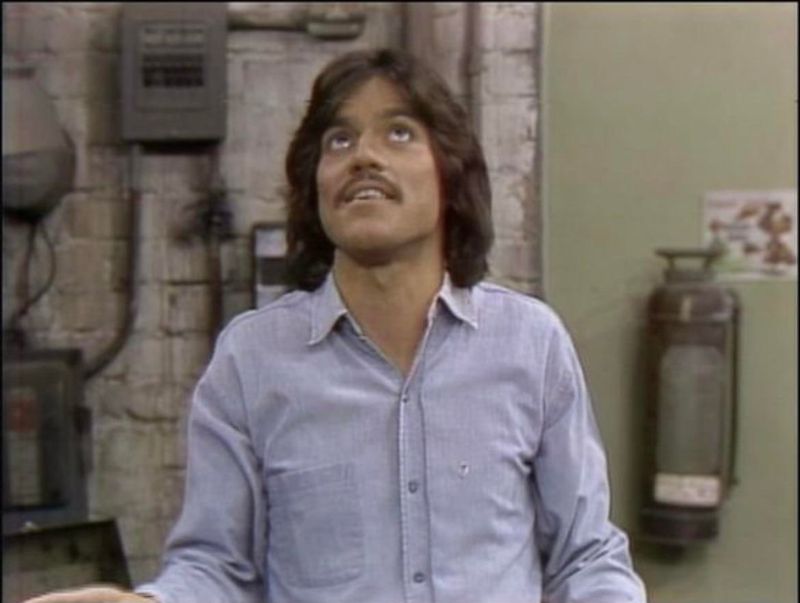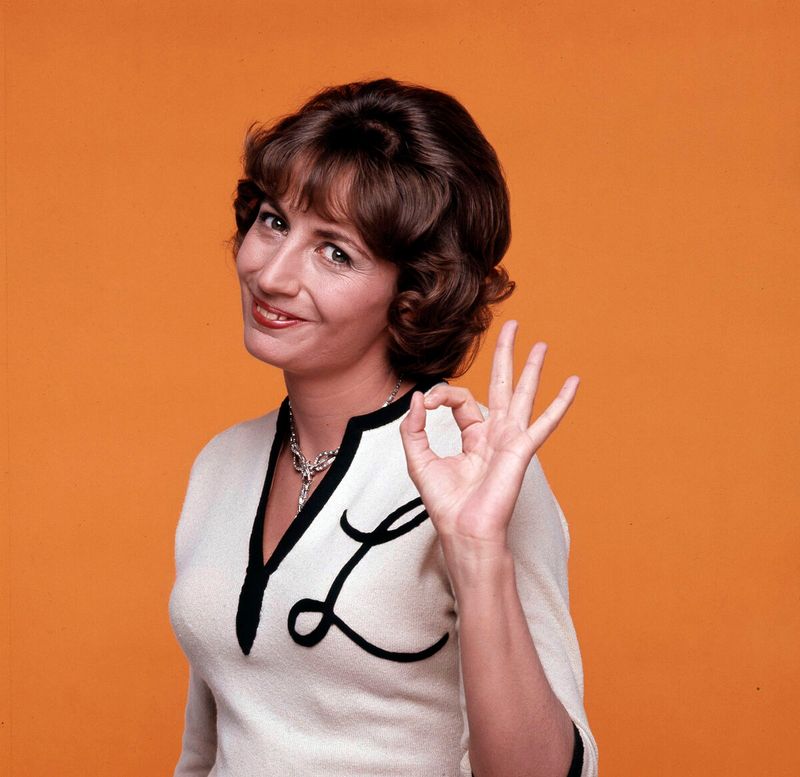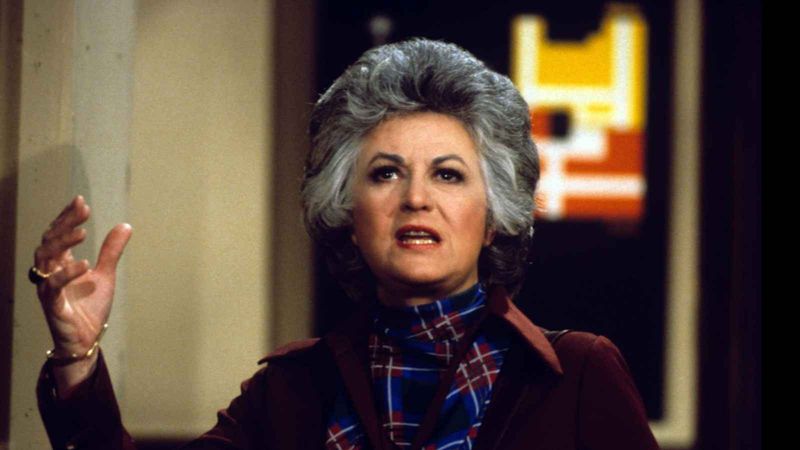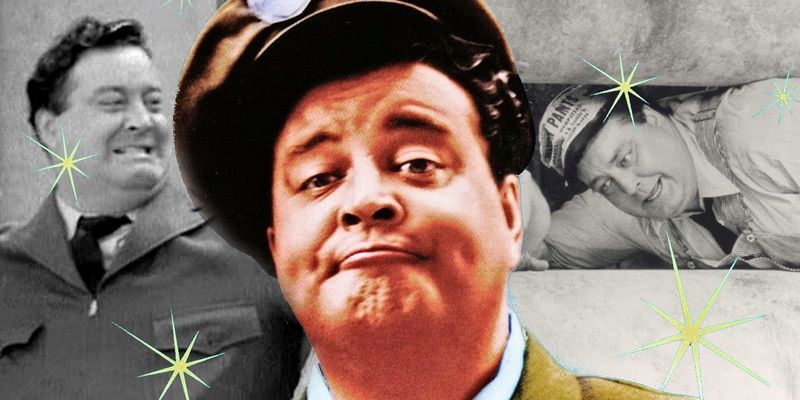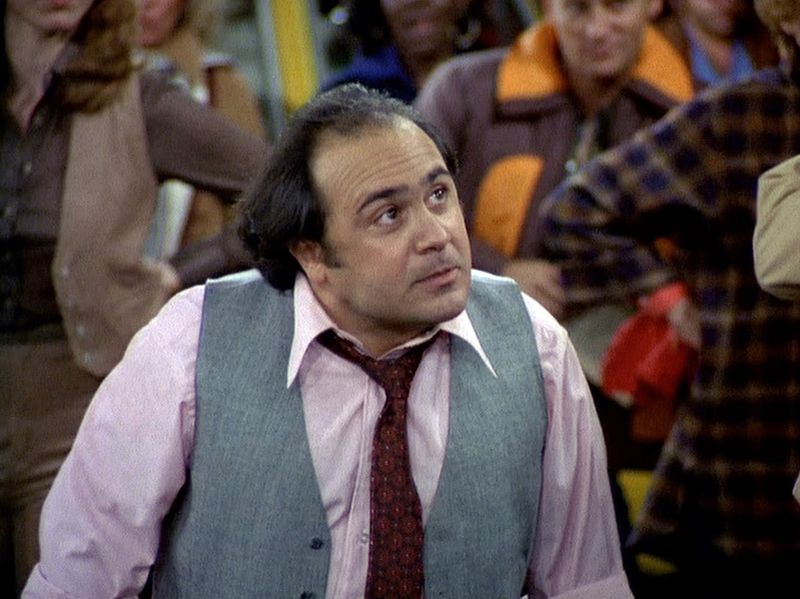10 TV Catchphrases from the ’70s That Would Be Considered Offensive Today
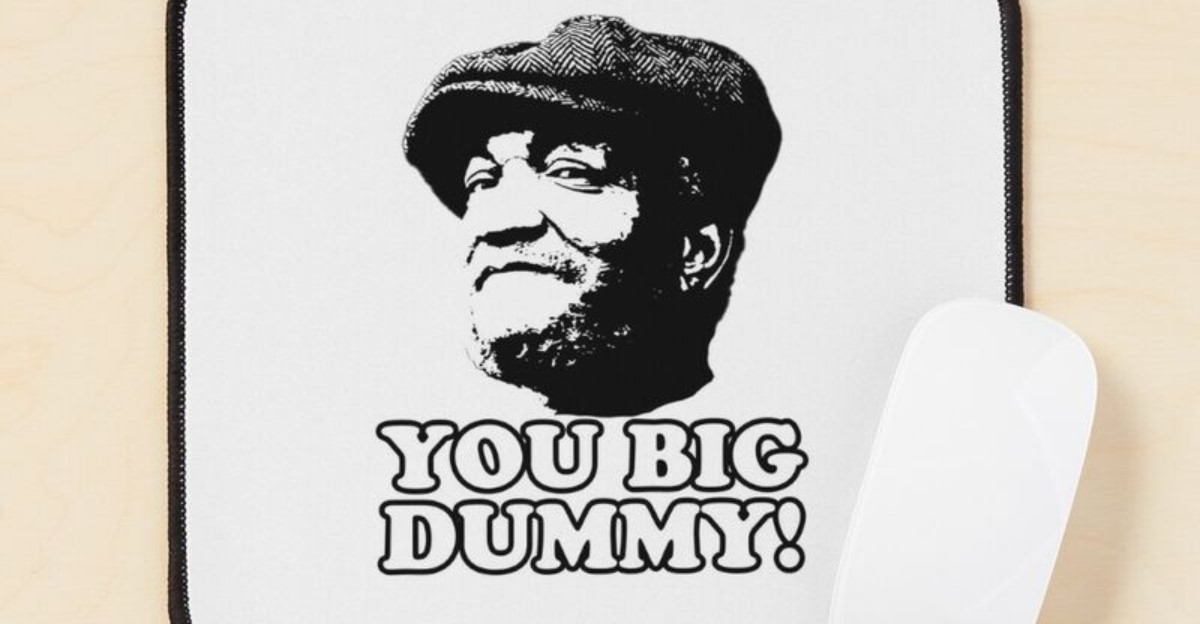
The 1970s were a vibrant era for television, filled with memorable characters and catchy catchphrases that left a lasting mark on pop culture. However, as times have changed, so have our perceptions of what’s considered acceptable.
Many of the phrases that were once commonplace have become outdated or even offensive by today’s standards. In this article, we’ll take a lighthearted yet critical look at thirteen of these iconic phrases, exploring why they might raise eyebrows in today’s more inclusive and aware society.
Join us on this nostalgic journey as we revisit these once-beloved lines.
1. Archie Bunker’s “Meathead”
Archie Bunker was the gruff, opinionated patriarch of “All in the Family,” and his nickname for his son-in-law, “Meathead,” was a classic insult.
In the 1970s, this term seemed humorous and reflected Archie’s disdain for Mike’s liberal views. Today, calling someone “Meathead” is not only disrespectful but also highlights generational and ideological divides.
Archie’s character often used humor to address serious issues, making the term seem less harsh. However, in the modern world, such terms are seen as perpetuating negative stereotypes and disrespect. Revisiting this phrase reminds us of the importance of respectful dialogue.
2. J.J. Evans’ “Dy-no-mite!”
The character J.J. Evans from “Good Times” made “Dy-no-mite!” an electrifying catchphrase of the decade. While it was meant to express excitement and enthusiasm, its overuse became a point of satire and stereotype.
In today’s context, the phrase could be perceived as reducing a black character to a mere caricature with exaggerated expressions. Such portrayals can be limiting and fail to capture the complexity of individual identities.
Reflecting on this catchphrase helps in understanding the impact of media representation on social perceptions.
3. Fred Sanford’s “You big dummy”
The quick-witted junk dealer from “Sanford and Son,” frequently used “You big dummy” to chide his son, Lamont. In the ’70s, it was taken as a humorous jab among family.
However, labeling someone as a “dummy” is considered insensitive today, as it undermines someone’s intelligence and self-worth. Such phrases can perpetuate harmful stereotypes and discourage open communication.
Reflecting on Fred’s words reminds us that while humor can be lighthearted, it should never come at the expense of another person’s dignity or confidence.
4. The Fonz’s “Sit on it!”
Arthur Fonzarelli, famously known as “The Fonz” from “Happy Days,” made “Sit on it!” a popular comeback. In the 1970s, it was a fun, rebellious phrase that teenagers would mimic.
Today, however, telling someone to “Sit on it” might be seen as dismissive and rude. It reflects a time when such language was more acceptable in social settings. As we strive for respectful communication, such a phrase may seem outdated.
The Fonz remains an icon of cool, but his catchphrase serves as a reminder of the evolving nature of social interactions.
5. George Jefferson’s “Honky”
George Jefferson’s use of “Honky” in “The Jeffersons” was a pointed comment on racial tensions. While provocative in the ’70s, it reflected George’s perspective on societal dynamics.
Today, the term is offensive, emphasizing racial divides instead of bridging them. It highlights how language can perpetuate division rather than foster understanding. Revisiting George’s famous quip serves as a historical lesson on the need for language that unites rather than separates.
Through the lens of time, we learn the importance of dialogue that respects all racial and cultural backgrounds.
6. Chico Rodriguez’s “Looking good!”
Chico Rodriguez from “Chico and the Man” popularized the enthusiastic greeting, “Looking good!” It was a simple acknowledgment of someone’s appearance, meant to boost confidence.
However, in today’s society, focusing on physical appearance can feel superficial or objectifying. It suggests that one’s value is tied to their looks, which is a problematic notion.
As we advocate for deeper connections beyond appearances, Chico’s catchphrase reminds us of the importance of valuing individuals for their intrinsic qualities rather than the surface.
7. Laverne DeFazio’s “You betcha!”
Laverne DeFazio from “Laverne & Shirley” made “You betcha!” a catchy confirmation phrase. This phrase was an expression of enthusiasm and agreement.
While seemingly harmless, the phrase can be seen as belittling or dismissive, especially if used sarcastically. It reminds us of the importance of genuine communication.
In today’s world, where sincerity is valued, such phrases may seem insincere or trivial. Laverne’s words remind us of the beauty of earnest and heartfelt discussion, transcending beyond mere catchphrases.
8. Maude Findlay’s “God’ll get you for that”
Maude Findlay, from the show “Maude,” would quip “God’ll get you for that” with a pointed finger. It was her way of humorously pointing out moral failings.
In today’s context, implying divine retribution can be seen as judgmental and presumptuous. It suggests a moral superiority that’s often unwelcome in modern discourse.
While Maude’s sharp wit brought laughter, her words caution us about the power of language in shaping perceptions and the potential for unintended offense.
9. Ralph Kramden’s “To the moon, Alice!”
Ralph often joked, “To the moon, Alice!” suggesting he’d send his wife into orbit. While intended as comedic hyperbole, it hints at aggression.
Today, such expressions would be considered inappropriate, as they trivialize domestic tension. It’s a reminder of how humor has boundaries and must consider the impact on relationships.
Ralph’s catchphrase encourages reflection on the line between comedy and respect, urging us to prioritize healthy and supportive exchanges in all aspects of life.
10. Louie De Palma’s “What do ya hear, what do ya say?”
Last on our list, Louie De Palma from “Taxi” often greeted others with, “What do ya hear, what do ya say?” It was a casual, conversational opener.
However, repeated use can sound dismissive or uninterested, implying that one is not genuinely engaged. In today’s world, meaningful interactions are prized, and such phrases can fall flat.
Louie’s words remind us of the value of authentic engagement and the importance of expressing genuine curiosity in our conversations, rather than resorting to formulaic expressions.

